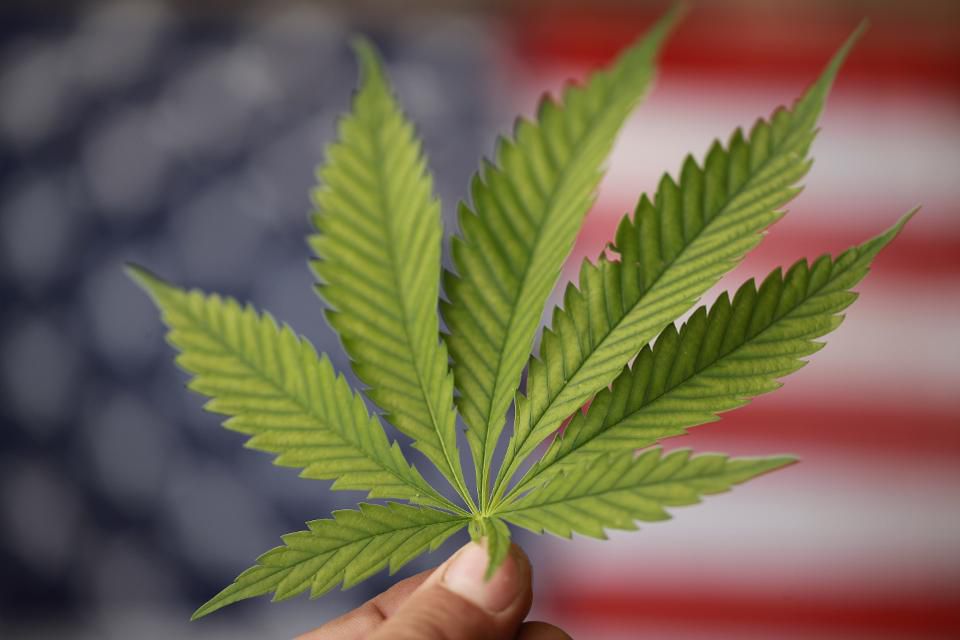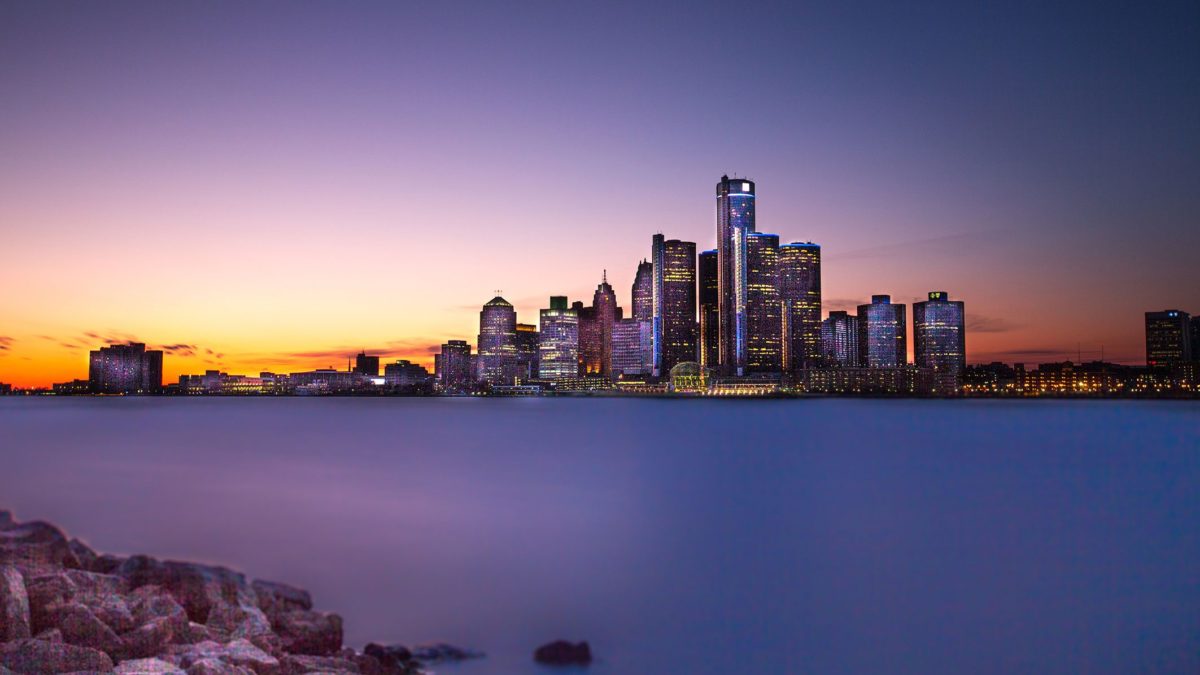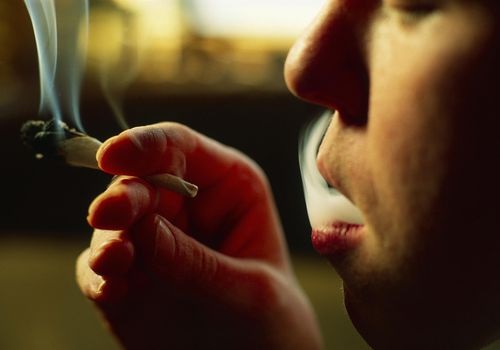We’ve been watching protests all over the nation for the last three weeks since George Floyd was murdered by police on Memorial Day.
One man believes these protests may just help us get closer to marijuana legislation if we look at the issue as a public health issue and not a crime issue.
Former Attorney General Eric Holder said in a C-SPAN appearance last week, “Think about the crack epidemic and how we dealt with it there. We made it a criminal justice problem, we prosecuted people, we put people in jail. Now we’re dealing with the opioid situation and now we’ve declared it—and I think correctly so and I’m not saying this is wrong—but we declared it a public health problem. Two different bodies of people—people perceived as being involved in crack, the use of crack and the use of opioids. It’s a racial component there.”
“I’d like to be able to take out of the system those kinds of determinations and to put law enforcement in places that are needed. But we tend to, again, because of implicit biases, deploy law enforcement to a much greater degree in African American communities and communities of color, which results in disparity when it comes to arrest rates.”
He added, “African Americans and whites use marijuana at roughly the same levels, yet you’re four times more likely to go to jail using marijuana if you are a person of color, if you’re black as opposed to if you’re white.”
“If I could change anything, I’d want to take all of that stuff out of the system,” he said. “I think we have the possibility now, given all the protests that we have seen.”
“We must remain vigilant of alternate ways the state can inflict violence on marginalized communities,” Maritza Perez, director of national affairs for Drug Policy Action, said in a press release last week. “One of those ways is through mandating people to receive treatment they do not want. Many of the same constructs that led to mass criminalization and incarceration are behind involuntary and coercive treatment, including racism, stigmatization, ableism, and profit over people.”
“Involuntary and coercive treatment are billed as the solution to the problem of people who are unwilling to enter treatment,” she said. “The root problem, however, is systematic inequality and lack of access to the resources, including attractive evidence-based substance use disorder treatment, that help people to live healthy, self-sufficient lives.”
“Biden’s proposal ignores this and is merely an extension of our country’s punitive approach to drug use,” she added.
Presidential hopeful Joe Biden recently said $300 million should be invested in law enforcement for community policing training at a time when protestors are calling for defunding. He also renewed his call for mandatory drug rehabilitation as an alternative to incarceration for drug offenses.



